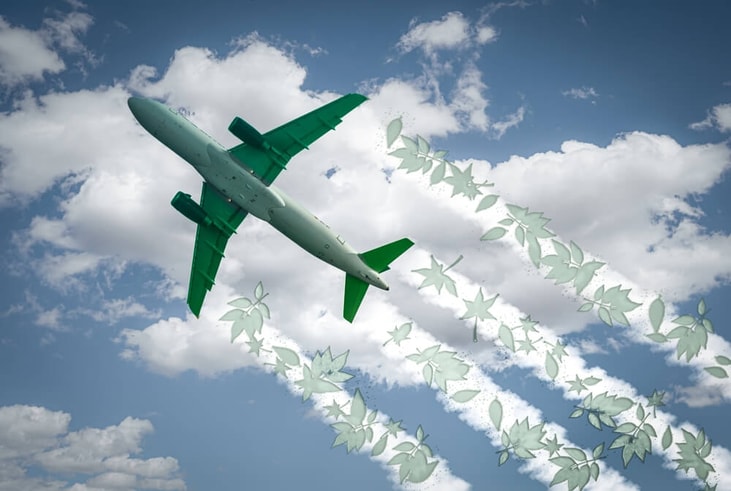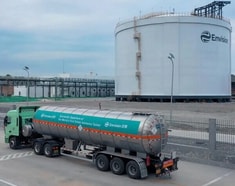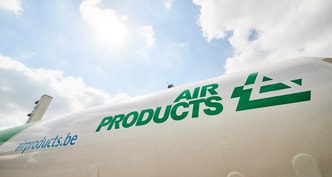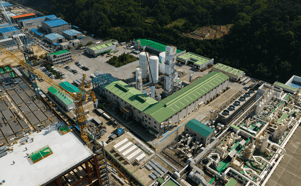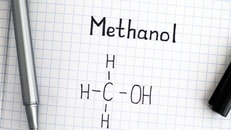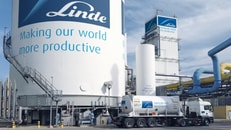Topsoe to develop its first clean jet fuel project in China
Energy transition technology specialist Topsoe has secured its first sustainable aviation fuel (SAF) project in China having been selected to supply its HydroFlex technology to a Chinese SAF producer based in Guangxi, China.
Guangxi Free Trade Zone Hongkun Biomass Fuel., Ltd (Guangxi Hongkun Biomass) will use the technology to process 300,000 tonnes per year of feedstock into renewable fuels.
The SAF production plant is expected to begin construction in May 2024, with SAF production to begin within the first few months of 2026.
“This agreement represents a key step in introducing an alternative to conventional jet fuel in this geography and contributes to our sustained efforts of supporting decarbonisation globally,” said Elena Scaltritti, CCO at Topsoe.
... to continue reading you must be subscribed

